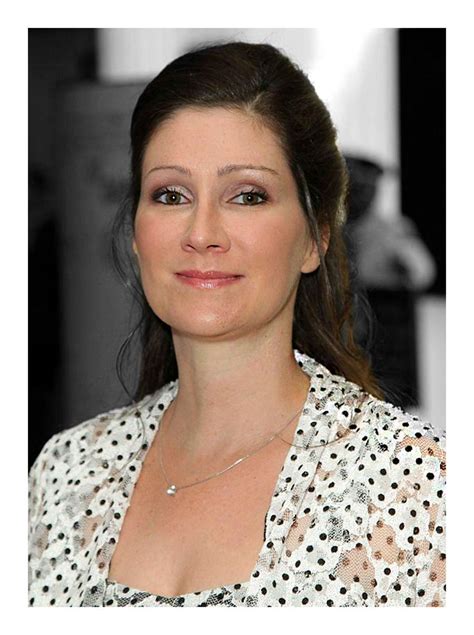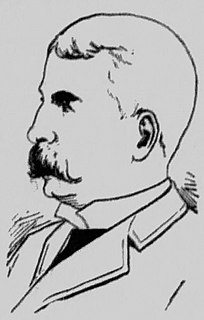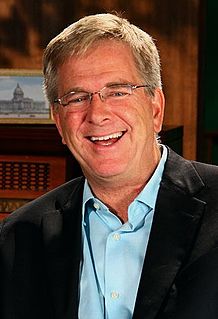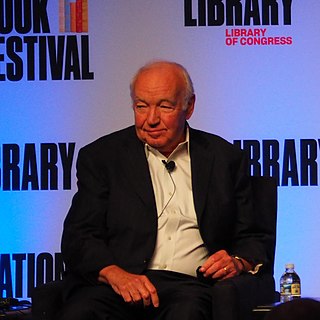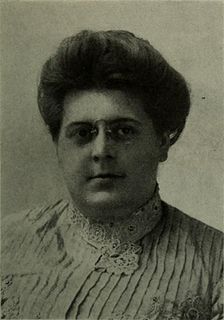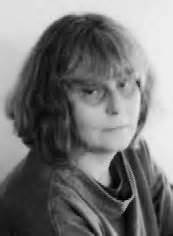A Quote by William Dean Howells
Is it worth while to observe that there are no Venetian blinds in Venice?
Related Quotes
... in the eyes of its visitors, Venice has no reality of its own. Anyone visiting the place has already seen so many pictures of it that they can only attempt to view it via these clichés, and they take home photographs of Venice that are similar to the ones they already knew. Venice [is] becoming like one of those painted backdrops that photographers use in their studio.
I feel moderately bad about this whole thing. On the one hand, I am providing myself with urgently required survival skills. Other lessons in this series include Shoplifting, Beating People Up, Picking Locks, Climbing Trees, Driving, Housebreaking, Dumpster Diving, and How to Use Oddball Things like Venetian Blinds and Garbage Can Lids as Weapons. On the other hand, I’m corrupting my poor innocent little self. I sigh. Somebody’s got to do it.
The general public have a warped view of the speed at which an investigation proceeds. They like to imagine tense conversations going on behind the venetian blinds and unshaven, but ruggedly handsome, detectives working themselves with single-minded devotion into the bottle and marital breakdown. The truth is that at the end of the day, unless you've generated some sort of lead, you go home and get on with the important things in life - like drinking and sleeping, and if you're lucky, a relationship with the gender and sexual orientation of your choice.
By day, Venice is a city of museums and churches, packed with great art. Linger over lunch, trying to crack a crustacean with weird legs and antennae. At night, when the hordes of day-trippers have gone, another Venice appears. Dance across a floodlit square. Glide in a gondola through quiet canals while music echoes across the water. Pretend it's Carnevale time, don a mask - or just a fresh shirt - and become someone else for a night.

